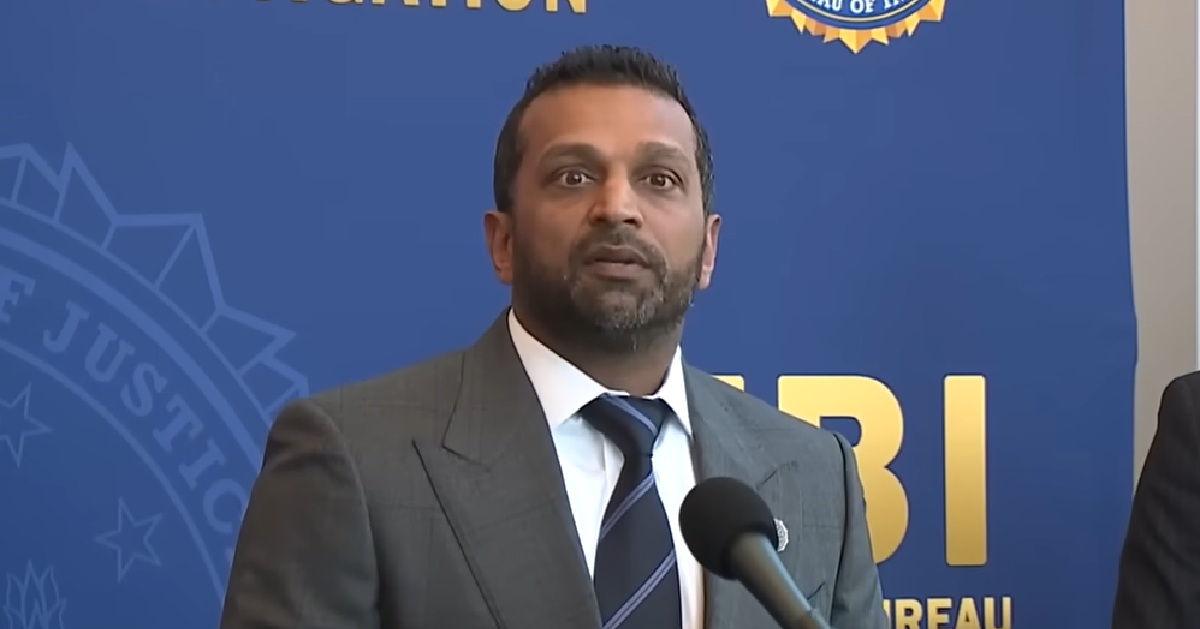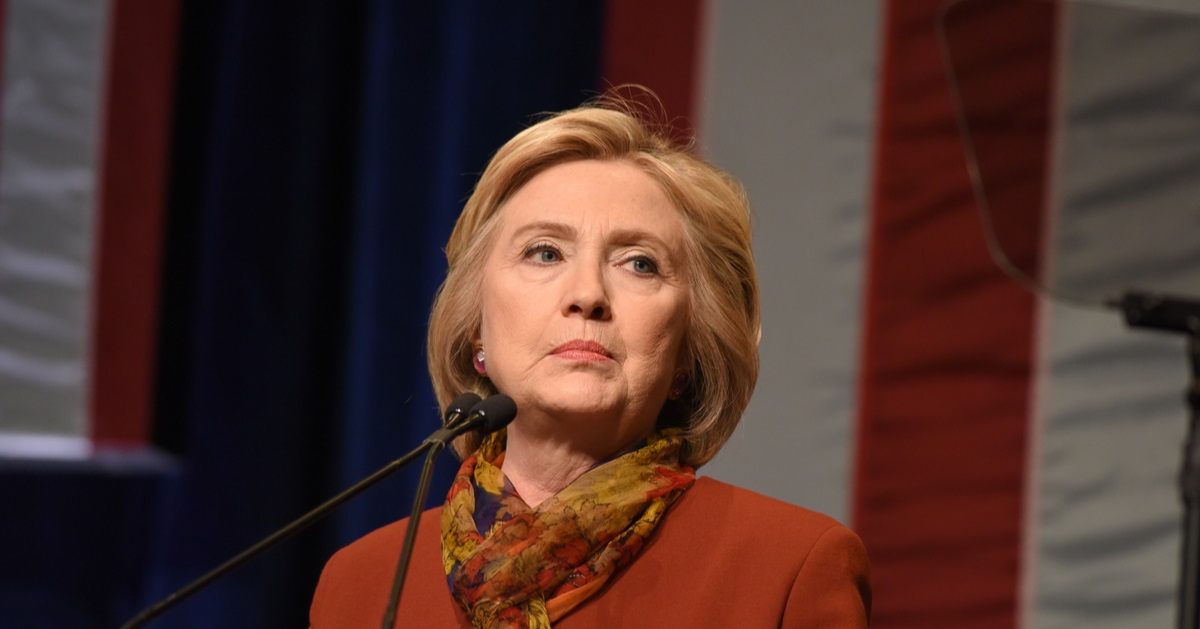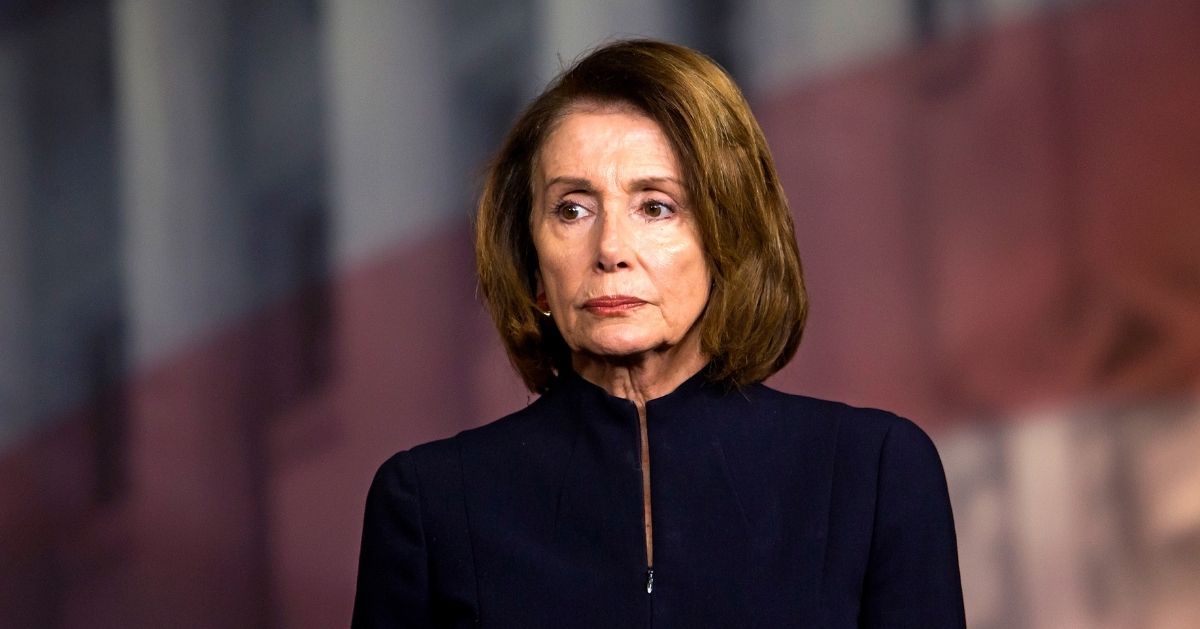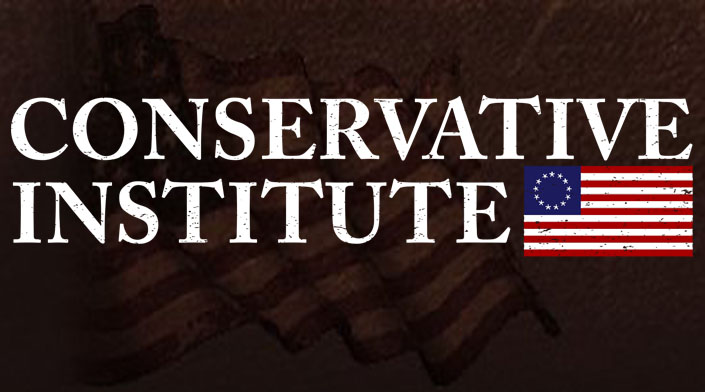Justice Barrett joins liberal colleagues in rejecting case of parents challenging Wisconsin school district's secret transgender student policies
When Supreme Court Justice Amy Coney Barrett first joined the bench in 2020, it was widely assumed on both the ideological right and left that she would be a consistent vote in support of the court's conservative-leaning majority, but those assumptions were not entirely correct.
This week, Barrett was aligned against her more conservative colleagues when she sided with a majority that decided not to take up a case involving parental rights and a school district's transgender students policies, according to CNN.
Notably, Justices Samuel Alito, Clarence Thomas, and Brett Kavanaugh all would have accepted the petition filed by a group of parents who sued a Wisconsin school district but had their lawsuit dismissed over a lack of standing.
School district keeping students' gender issues secret from parents
On Monday, the Supreme Court released an Order List following a private conference on Friday, which included a rejection of the petition filed by the group of concerned parents who were unsuccessful in suing the Wisconsin school district over its transgender student policies.
At issue here, per SCOTUSblog, are district policies implemented in recent years that guided school staff to discuss gender identity issues with students and even formulate gender support plans without first notifying parents -- though parents could request to be informed and involved ... that is, if they were aware of the issue.
The parents' group filed suit and argued that the district's policies interfered with their rights "to make decisions with and on behalf of their children," but a district court dismissed the lawsuit and a 7th Circuit appeals panel upheld the dismissal on the grounds that none of the parents had transgender students, and thus none had suffered harm from the policies and therefore had no standing to sue.
They then took their case, known as Parents Protecting Our Children v. Eau Claire Area School District, and asked the Supreme Court to address the question of "Whether, when a school district adopts an explicit policy to usurp parental decision-making authority over a major health-related decision -- and to conceal this from the parents -- parents who are subject to such a policy have standing to challenge it."
Alito dissents
SCOTUSblog observed that the petition was considered at each of the past five private conferences but was ultimately rejected in Monday's Order List without any explanation for why it was not accepted.
Justice Kavanaugh indicated that he would have taken up the case, albeit without explaining why, as did Justice Alito, though he did provide a written dissent to the rejection that was joined by Justice Thomas.
"This case presents a question of great and growing national importance: whether a public school district violates parents’ 'fundamental constitutional right to make decisions concerning the rearing of' their children, when, without parental knowledge or consent, it encourages a student to transition to a new gender or assists in that process," Alito wrote. "We are told that more than 1,000 districts have adopted such policies."
After outlining the arguments of the parents who were concerned about potentially being kept in the dark about their childrens' gender identities, to say nothing of the district secretly taking action to promote and support a gender transition, the conservative justice revealed why he believed the court should have accepted the case.
"I am concerned that some federal courts are succumbing to the temptation to use the doctrine of Article III standing as a way of avoiding some particularly contentious constitutional questions," he wrote. "While it is important that federal courts heed the limits of their constitutional authority, it is equally important that they carry out their 'virtually unflagging obligation ... to exercise the jurisdiction given them.'"
An odd breakdown
As noted, only Justices Alito, Thomas, and Kavanaugh indicated that they voted in favor of taking up this particular case, which suggests that the remainder of the bench is fine with parents being left out of the loop as school staffers guide students through gender identity and transition processes.
That obviously and unsurprisingly includes the Supreme Court's three liberal members, Justices Sonia Sotomayor, Elena Kagen, and Ketanji Brown Jackson, but also apparently Chief Justice John Roberts and Justices Neil Gorsuch and Amy Coney Barrett.





